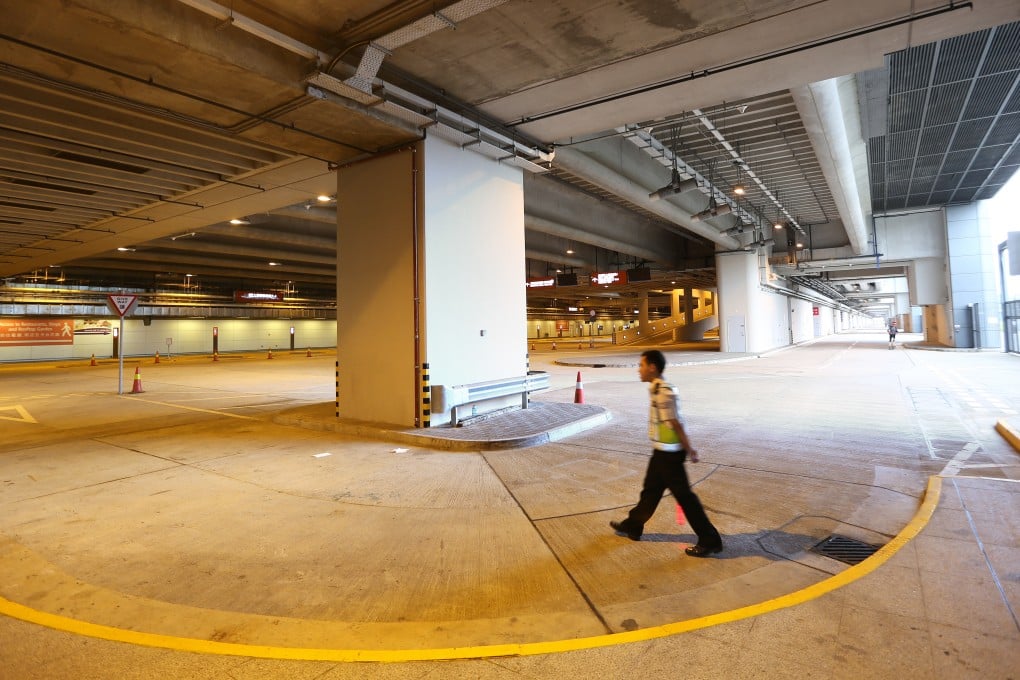Hong Kong is stuck with a ruling class of doers and followers
Regina Ip says those tasked with leading Hong Kong are sadly only good at following orders, a legacy of colonial times, and poor at crafting a vision for the city, as our budgets show

In handling this year's budget, Financial Secretary John Tsang Chun-wah succeeded in lowering and then surpassing all expectations by handing out "sweeteners" amounting to almost 60 per cent of the forecast surplus for the financial year 2014-15. Instant university polls show satisfaction levels for the budget to be the highest in recent years.
Big questions remain unanswered, however, about the direction of Hong Kong's economy. As economist Professor Ho Lok-sang of Lingnan University pointed out, between 1962 and 2011, the city's growth rate dipped below 3 per cent two years in a row on five occasions only - all due to external shocks. Yet, for the first time in our history, our growth rate has dipped below 3 per cent for three years in a row since 2012, and is forecast to grow at 1-3 per cent in 2015. This is hardly a performance to be proud of, whatever accolades overseas pundits might bestow on our economic freedom.
It can surely be said in defence that a developed economy like Hong Kong cannot be expected to keep registering high-speed growth. By contrast, Singapore, which along with Hong Kong was one of the fabled "four Asian tigers", has performed much better. Its gross domestic product growth has surpassed that of Hong Kong's: in the past four years, it has grown at the rate of 6.2 per cent, 3.4 per cent, 4.4 per cent and 2.9 per cent.
Both are small, open economies at the mercy of global headwinds. Singapore is located at the heart of Southeast Asian nations. Hong Kong is even more favourably located at the gateway to southern China, with the mainland market of 1.4 billion as its hinterland. What went wrong?
One could easily attribute the divergence to the different political economies of the two cities. Singapore is a city state which has benefited from the strong leadership of its founding father, Lee Kuan Yew. It has a truly "executive-led" government uninhibited by voices of opposition in its Parliament.
Hong Kong, a former colony, has a hybrid system under the Basic Law. Probably unintended by the Basic Law drafters, it has an aggressive legislature, inchoate party development, and an executive branch without a power base within and outside its legislature. In recent years, many government plans have been stymied by legislative obstruction.
Officials look carefully over their shoulders for signs of populist attacks, and often opt for the easiest way out. Short-term considerations about poll numbers and safe passage in the legislature predominate official strategising.
